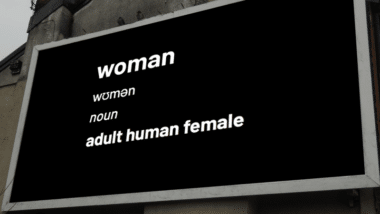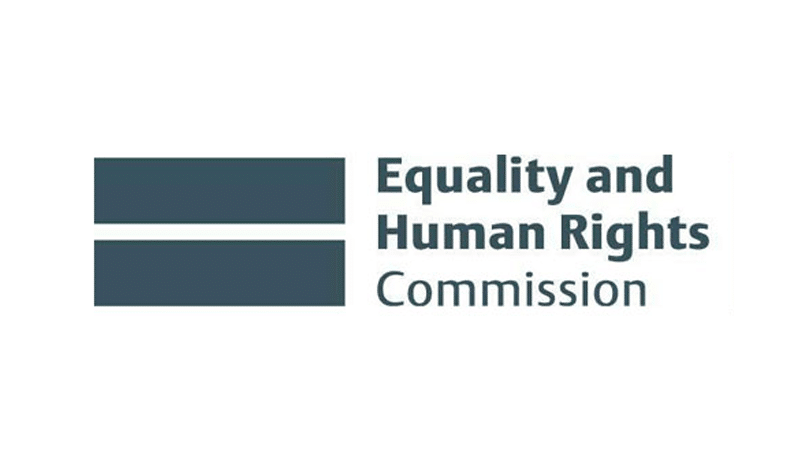Interim guidance on the practical implications of the Supreme Court ruling on biological sex has been issued by the Equality and Human Rights Commission (EHRC).
Providing clarity on the recent landmark judgment, the watchdog advises that people should not be allowed to use facilities designated for the use of the opposite biological sex, regardless of how they identify. An updated Code of Practice is expected in June.
Earlier this month, following a successful appeal by For Women Scotland (FWS) against a Scottish Government decision to allow men who identify as women to take women-only company board positions, the UK’s highest court ruled that the terms ‘woman’, ‘man’ and ‘sex’ in the Equality Act 2010 refer to biological sex.
Government response
A UK Government spokesperson commented: “We welcome the ruling and the clarity it brings for women, and service providers. We will review and update policy wherever necessary to ensure it complies with the latest legal requirements.”
However, First Minister John Swinney advised public bodies to wait for the “legal certainty” of the full guidance in June which he argued “has been subject to consultation and ministerial approval”.
Northern Ireland’s Equality Commission has also announced plans to publish new guidance. The 2010 Equality Act applies across Great Britain but not Northern Ireland.
‘Starting point’
Responding to the EHRC announcement, FWS co-founder Susan Smith said: “It’s useful, given how much misinformation there has been about the judgment, to give people a starting point and an immediate prompt for government on how to act.”
Helen Joyce, Director of campaign group Sex Matters, said the guidance would improve the safety of women, but warned: “Having lost sight of women’s rights and prioritised trans people’s identity demands, some are now considering going fully unisex”.
She noted this “is likely to lead to women bringing successful claims of indirect sex discrimination”.
Landmark ruling
In 2023, Scotland’s Inner House of the Court of Session backed the Scottish Government’s position, which asserts that the Gender Representation on Public Boards (Scotland) Act 2018 can class men who have Gender Recognition Certificates (GRC) as women, without contradicting other legislation.
FWS appealed against the decision at the Supreme Court and last month, Lord Hodge, Lady Rose and Lady Simler – supported by Lord Reed and Lord Lloyd-Jones – ruled: “Interpreting ‘sex’ as certificated sex would cut across the definitions of ‘man’ and ‘woman’ and thus the protected characteristic of sex in an incoherent way.”
They concluded that “the Guidance issued by the Scottish Government is incorrect. A person with a GRC in the female gender does not come within the definition of ‘woman’ for the purposes of sex discrimination in section 11 of the EA 2010”.

Landmark ruling: Supreme Court upholds ordinary definition of ‘woman’
‘Schools have legal duty to provide single-sex toilets’, Court of Session rules
Scientist forced out of top-secret base over gender-critical views wins legal victory

